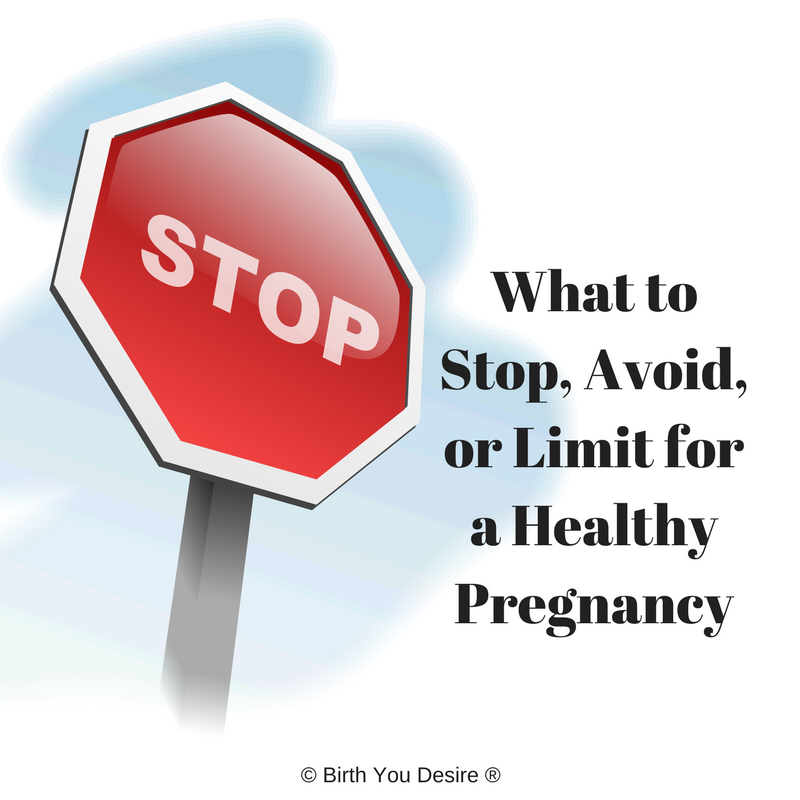BYD Blog
What to Stop, Avoid, or Limit for a Healthy Pregnancy

A quick resource guide on what to Stop, Avoid, and Limit.
Pregnant women often ask whether certain substances are safe for themselves and their unborn babies. All these questions and normal hormone shifts may make you feel anxious, worried, or fearful. To learn more about anxiety read more here. This quick resource guide may help you determine what to Stop, Avoid, and Limit in pregnancy.
Stop
Smoking. There are plenty of reasons to stop smoking and to avoid second-hand smoke when pregnant. Smoking in pregnancy can be harmful to both the mother and her baby.
Alcohol. According to research, there is no safe amount or safe time to drink alcohol when pregnant. Alcohol has many known side effects to the baby. When a pregnant woman drinks alcohol, so does her baby.
Recreational drugs such as Marijuana and others are associated with preterm labors and birth defects.
Avoid
Mercury. Chemical exposure in pregnancy is potentially dangerous to the baby as the placenta is unable to filter those chemicals from the mother’s bloodstream, exposing a baby to chemicals during a critical growing period.
Cleaning solutions and other powerful smelling solutions should be avoided in pregnancy. Safe exposure limits were not designed for pregnant women and no safe levels are known. Certain professions are at higher risk due to exposure.
Cat litter. Cat feces can carry the parasite which causes toxoplasmosis. Toxoplasmosis can spread to the unborn child causing extremely serious effects. Change cat litter daily and have someone else change the cat litter if possible. If you must change the litter, wear gloves and wash hands with soap and warm water afterward.
Herbs. During the first trimester, many herbs can stimulate the uterus causing contractions which may lead to miscarriage. Check all herbal supplements with your herb knowledgeable provider.
Raw meat, deli meat, and fish. Pregnant women have reduced immunity during pregnancy and are more prone to infections, viruses, and foodborne illnesses such as Listeria and Toxoplasma. These infections may not present in the mother but may still affect her baby. Click on the link for a fact sheet that may be helpful to you.
Unpasteurized Cheese. Brie, feta, blue cheese, goat cheese, and other soft unpasteurized cheeses may contain Listeria which can cause serious complications with the baby.
Limit
Caffeine. The effects of caffeine on a baby are unknown, so it’s best to limit your exposure. It is generally believed that one 8 oz. serving a day is considered ok.
Artificial sweeteners. There are unknown long term affects to using artificial sweeteners. However, occasional use is considered safe for most in pregnancy. Learn which ones are considered safe by clicking on the link.
Amazon Affiliates
Click here to visit an Amazon list crafted by our students and clients for parents approved books and props for pregnancy through infancy.

